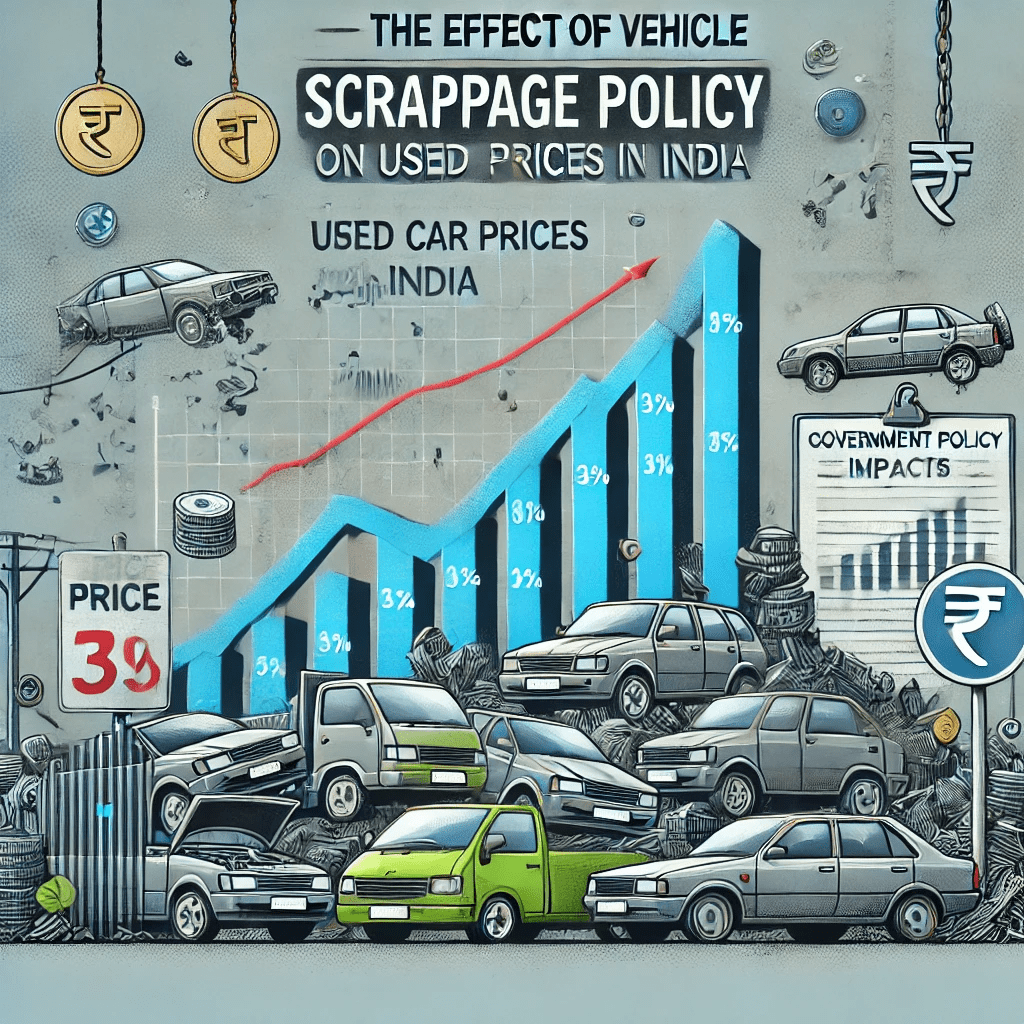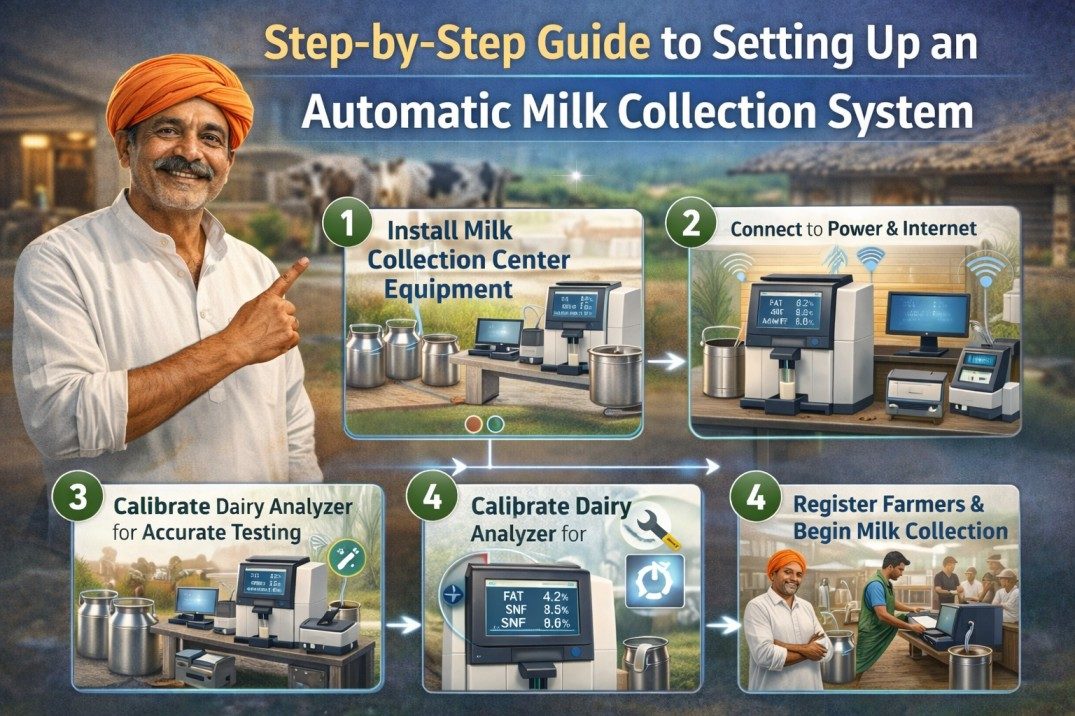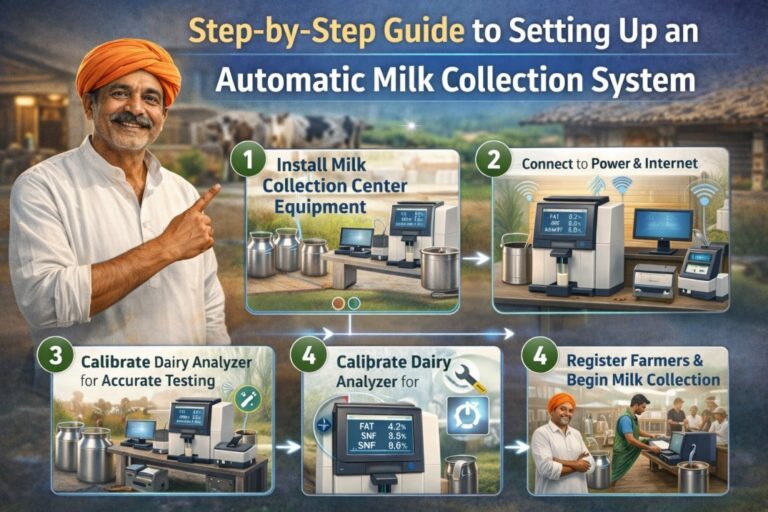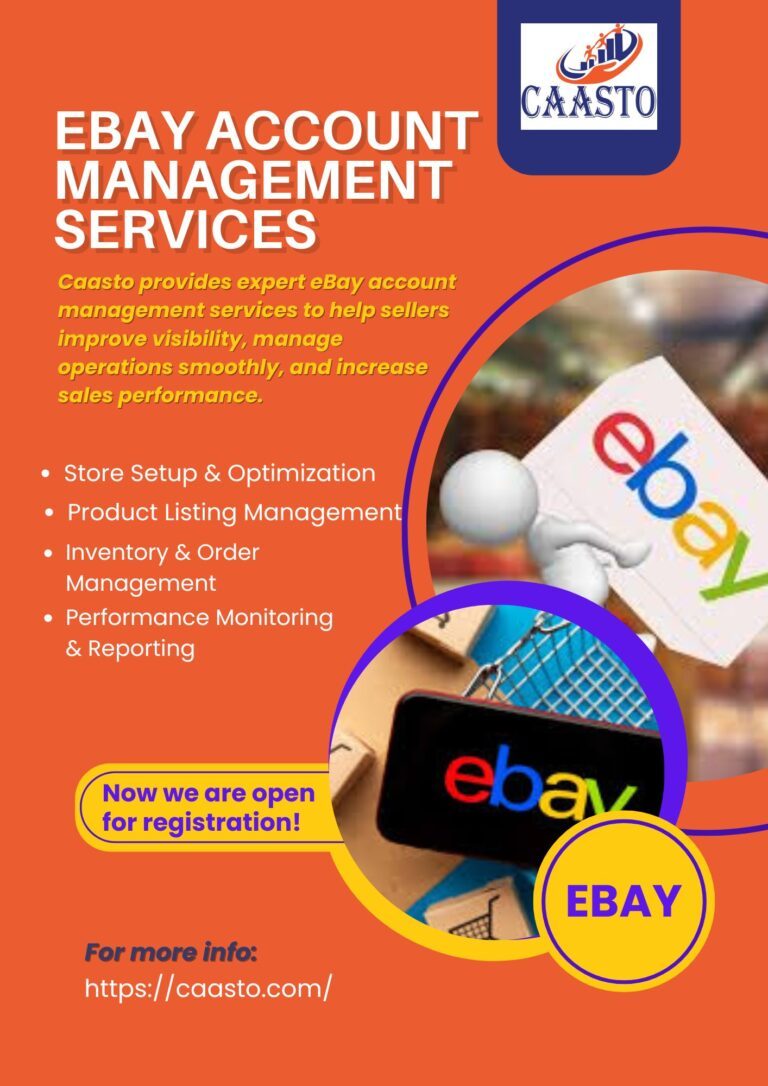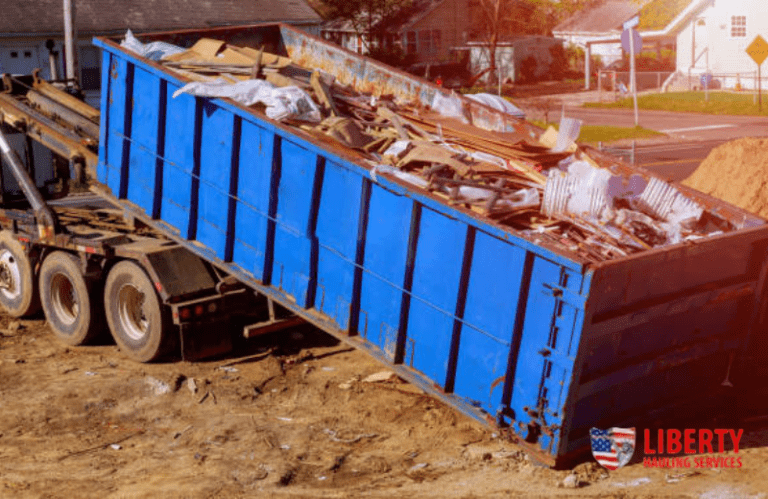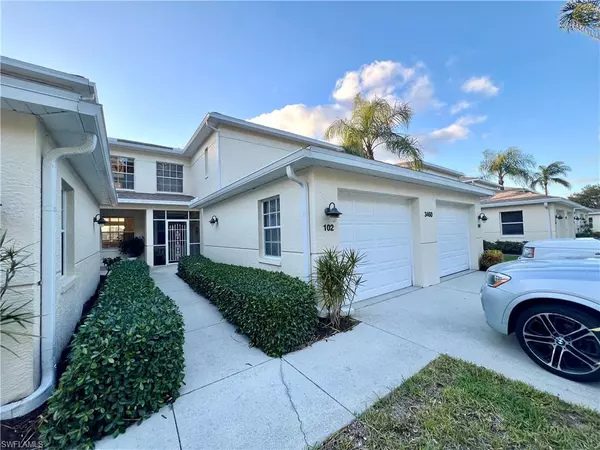If you’re planning to buy or sell a used car in India, you must be wondering: Has the Vehicle Scrappage Policy affected used car prices? The short answer is yes, and in multiple ways.
India’s Vehicle Scrappage Policy, introduced in 2021, aims to phase out old, polluting vehicles and replace them with newer, fuel-efficient models. But with millions of cars nearing the scrappage age, the used car market is experiencing major changes—from rising prices to an increased demand for used car spare parts online in India.
So, is this the right time to buy or sell a used car? Let’s break down how the car scrappage effect is impacting the Indian used car market.
1. Introduction to the Vehicle Scrappage Policy
The Vehicle Scrappage Policy was introduced to tackle pollution and promote the adoption of newer, eco-friendly vehicles. Under this policy:
- Private vehicles older than 20 years and commercial vehicles older than 15 years must undergo a fitness test.
- If a vehicle fails the test, it must be scrapped at an authorized facility.
- Vehicle owners who scrap their old cars receive incentives such as discounts on new cars, tax rebates, and waivers on registration fees.
The aim is simple—reduce pollution, boost car sales, and improve road safety. But this move has had a significant impact on used car prices.
2. How the Vehicle Scrappage Policy Works
If you own an old car, here’s how the scrappage policy affects you:
- Mandatory fitness tests for old vehicles: If your car is older than 20 years, you must pass a fitness test at an authorized RTO center to continue using it.
- Higher re-registration fees for old vehicles: Keeping an old car is becoming expensive, making used car buyers prefer newer models.
- Scrapping incentives for vehicle owners: When you scrap your old car, you get discounts on new cars, making upgrading easier.
- Role of Registered Vehicle Scrapping Facilities (RVSFs): Only government-approved facilities can legally scrap old vehicles.
This policy directly impacts the supply and demand in the used car market.
3. The Link Between Vehicle Scrappage Policy and Used Car Prices
Since the policy’s introduction, the demand for used cars has increased, leading to higher prices. Here’s why:
🔹 Fewer Old Cars Available in the Market
- Many old cars are now being scrapped instead of resold.
- Fewer older models in the market mean higher prices for available second-hand cars.
🔹 Higher Demand for Used Cars
- Not everyone can afford a brand-new car.
- With the scrappage policy phasing out older vehicles, buyers are looking for 5-10-year-old used cars, pushing their prices up.
🔹 Price Rise in Budget Used Car Segment
- Small cars under ₹5 lakh are in high demand, making their resale value go up by 10-15%.
- According to industry reports, the used car price after scrappage policy has increased by 20-30% in metro cities.
🔹 Diesel Cars Facing the Biggest Impact
- Older diesel cars (especially those nearing the 10- to 15-year mark) have lower resale value due to tighter emission norms.
- Buyers are now favoring petrol and CNG models over diesel.
With these factors in play, the used car market is more expensive than before.
4. Effect of Vehicle Scrappage Policy on Different Segments of the Used Car Market
How much has the car scrappage effect changed used car prices across different categories?
💰 Low-Budget Used Cars (₹1-5 lakh segment)
- Demand has increased sharply as buyers look for affordable alternatives to new cars.
- Prices have gone up by 10-20% since the scrappage policy.
🚗 Mid-Range Used Cars (₹5-10 lakh segment)
- Cars between 5-8 years old are selling at higher prices than before.
- Buyers are looking for models that still have at least 7-10 years of road life.
🏎️ Luxury Used Cars (₹10+ lakh segment)
- Prices of luxury cars (BMW, Mercedes, Audi) are relatively stable.
- However, old diesel luxury cars are harder to sell due to emission restrictions.
⛽ Diesel vs. Petrol Used Cars
- Diesel car resale value has dropped in metro cities due to bans on 10-year-old diesel cars.
- Petrol and CNG cars are in higher demand as they don’t face the same restrictions.
5. How Used Car Prices are Changing in India After the Scrappage Policy
Let’s look at real data from used car markets in major cities:
|
City |
Avg. Used Car Price Rise (%) |
Most Affected Segment |
|
Delhi NCR |
30% increase |
Diesel cars (10+ years) |
|
Mumbai |
25% increase |
Hatchbacks & sedans |
|
Bangalore |
20% increase |
Mid-size SUVs |
|
Ahmedabad |
18% increase |
Petrol small cars |
Used car prices have risen the most in cities with strict pollution laws, such as Delhi, Mumbai, and Bangalore.
6. Impact on Used Car Dealers and Buyers
🛒 For Buyers:
- More expensive used cars due to supply-demand imbalance.
- Diesel cars becoming less desirable due to policy restrictions.
- Higher chances of getting certified second-hand cars as dealers prefer selling well-maintained models.
🏪 For Dealers:
- Lower availability of old cars as many are being scrapped.
- Increased demand for spare parts, boosting the used car spare parts online India market.
- Better resale value for cars under 10 years old.
7. Future Predictions for Used Car Prices in India
🚗 Will used car prices continue to rise?
Yes, as long as old vehicles are removed from circulation, demand for used cars will remain high.
🔋 Will EVs affect the used car market?
Not immediately, but as electric vehicle adoption grows, older petrol and diesel cars may see a drop in resale value.
🏭 What about scrappage incentives?
If the government increases incentives, more owners will choose to scrap their cars, further impacting the used car market.
8. Conclusion: Is It the Right Time to Buy or Sell a Used Car?
🚦 If you’re buying a used car, act fast! Prices are rising, and availability is dropping.
💰 If you’re selling a used car, now is a good time as demand is high.
♻️ If your car is close to the scrappage limit, it’s better to sell it early or scrap it for incentives.
With India’s car scrappage effect in full force, both buyers and sellers need to make informed decisions. If you’re looking for used car spare parts online in India, now is the time to explore reliable platforms before prices rise further.
🚗 Planning to buy or sell a used car? Check the market trends and make a smart move today! ♻️
